Senator wants social media companies held liable for spreading anti-vax lies
Amy Klobuchar calls for some Section 230 protections to be stripped from social media
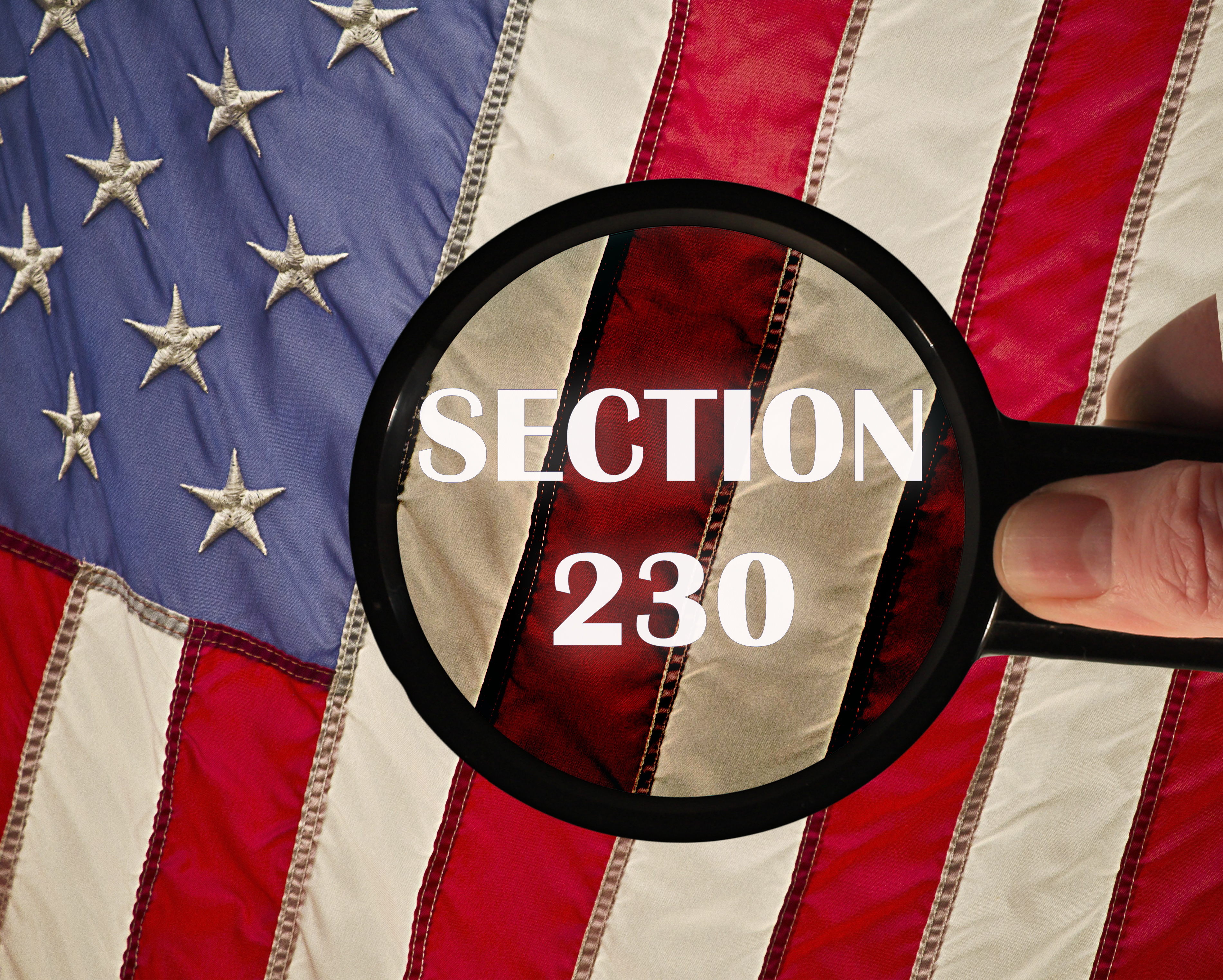
A high-profile senator is launching an effort to hold social media companies like Facebook accountable for publishing misinformation about vaccines and other public health crises.
Sen. Amy Klobuchar (D-Minn.) introduced a bill called the Health Misinformation Act, which would carve out an exception to the landmark internet law known as Section 230 of the 1996 Communications Decency Act. Section 230 shields social media giants like Facebook, Google, and Twitter from being sued over users’ content.
Klobuchar’s bill, which is co-sponsored by Sen. Ray Luján (D-N.M.), would create an exception to that law’s protections in the case of a public health crisis like COVID-19.
“For far too long, online platforms have not done enough to protect the health of Americans,” Klobuchar said in a statement. “These are some of the biggest, richest companies in the world and they must do more to prevent the spread of deadly vaccine misinformation.”
“The coronavirus pandemic has shown us how lethal misinformation can be and it is our responsibility to take action,” added Klobuchar, who chairs the influential Senate Judiciary subcommittee that oversees antitrust legislation.
According to Politico and Vox, the Health Misinformation Act may face long odds, partly because it currently has no Republican support.
RELATED RESOURCE

Mindfulness: How to unlock your true potential
Sample our exclusive Business Briefing content
Klobuchar’s bill would hold Facebook and other social media platforms liable when their algorithms spread and amplify health misinformation related to an “existing public health emergency” such as COVID. The US Secretary of Health and Human Services would define what constitutes “health misinformation” in such an emergency.
Sign up today and you will receive a free copy of our Future Focus 2025 report - the leading guidance on AI, cybersecurity and other IT challenges as per 700+ senior executives
Section 230 has become an increasingly popular target in Washington, D.C., where president Donald Trump tried to kill it outright, president Joe Biden wants to rewrite it, Congress keeps threatening to repeal it, and big tech CEOs keep showing up to defend it.
When it became law 25 years ago, Facebook, Twitter, and YouTube didn’t exist. As written, Section 230 prevents an “interactive computer service” from being treated as the publisher of third-party content. Essentially, it says websites can’t be held legally liable for any content that’s posted by third parties — with a few exceptions such as sex trafficking or copyright violations.
Over the past quarter-century, this has been interpreted as a handy get-out clause for social media companies, as it prevents them from being held responsible for anything their users post.
-
 Redefining resilience: Why MSP security must evolve to stay ahead
Redefining resilience: Why MSP security must evolve to stay aheadIndustry Insights Basic endpoint protection is no more, but that leads to many opportunities for MSPs...
-
 Microsoft unveils Maia 200 accelerator, claiming better performance per dollar than Amazon and Google
Microsoft unveils Maia 200 accelerator, claiming better performance per dollar than Amazon and GoogleNews The launch of Microsoft’s second-generation silicon solidifies its mission to scale AI workloads and directly control more of its infrastructure
-
 UK’s ‘Tech Prosperity Deal' with US hits rocky ground
UK’s ‘Tech Prosperity Deal' with US hits rocky groundNews The US has reportedly threatened to pull out of the deal over the Digital Services Tax and broader economic disagreements
-
 ‘The UK must position itself as the destination of choice’ in wake of H-1B visa crackdown, tech policy group says
‘The UK must position itself as the destination of choice’ in wake of H-1B visa crackdown, tech policy group saysNews The UK has a massive opportunity to capitalize on the US government’s H-1B visa changes
-
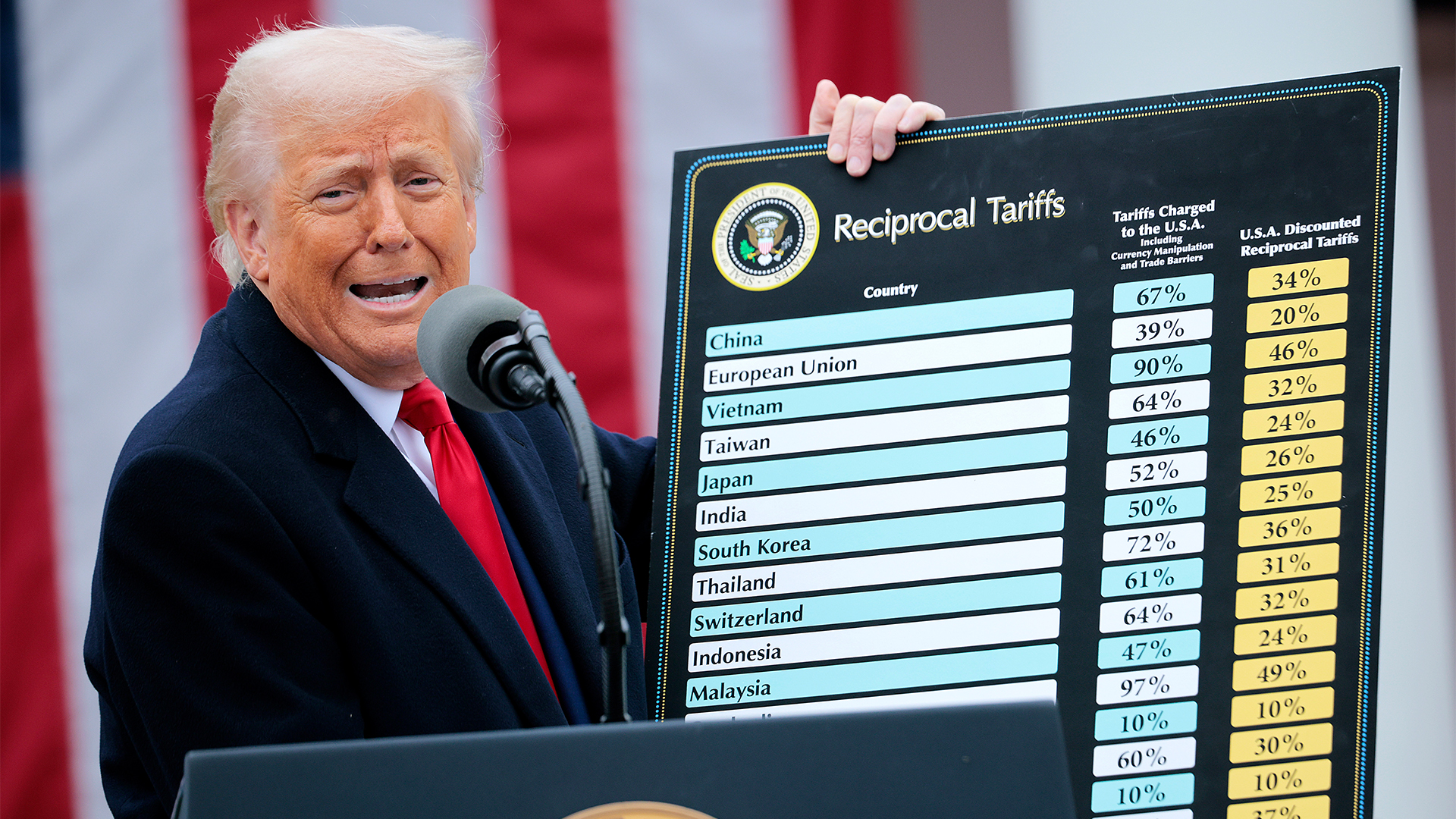 IDC warns US tariffs will impact tech sector spending
IDC warns US tariffs will impact tech sector spendingNews IDC has warned that the US government's sweeping tariffs could cut global IT spending in half over the next six months.
-
 US government urged to overhaul outdated technology
US government urged to overhaul outdated technologyNews A review from the US Government Accountability Office (GAO) has found legacy technology and outdated IT systems are negatively impacting efficiency.
-
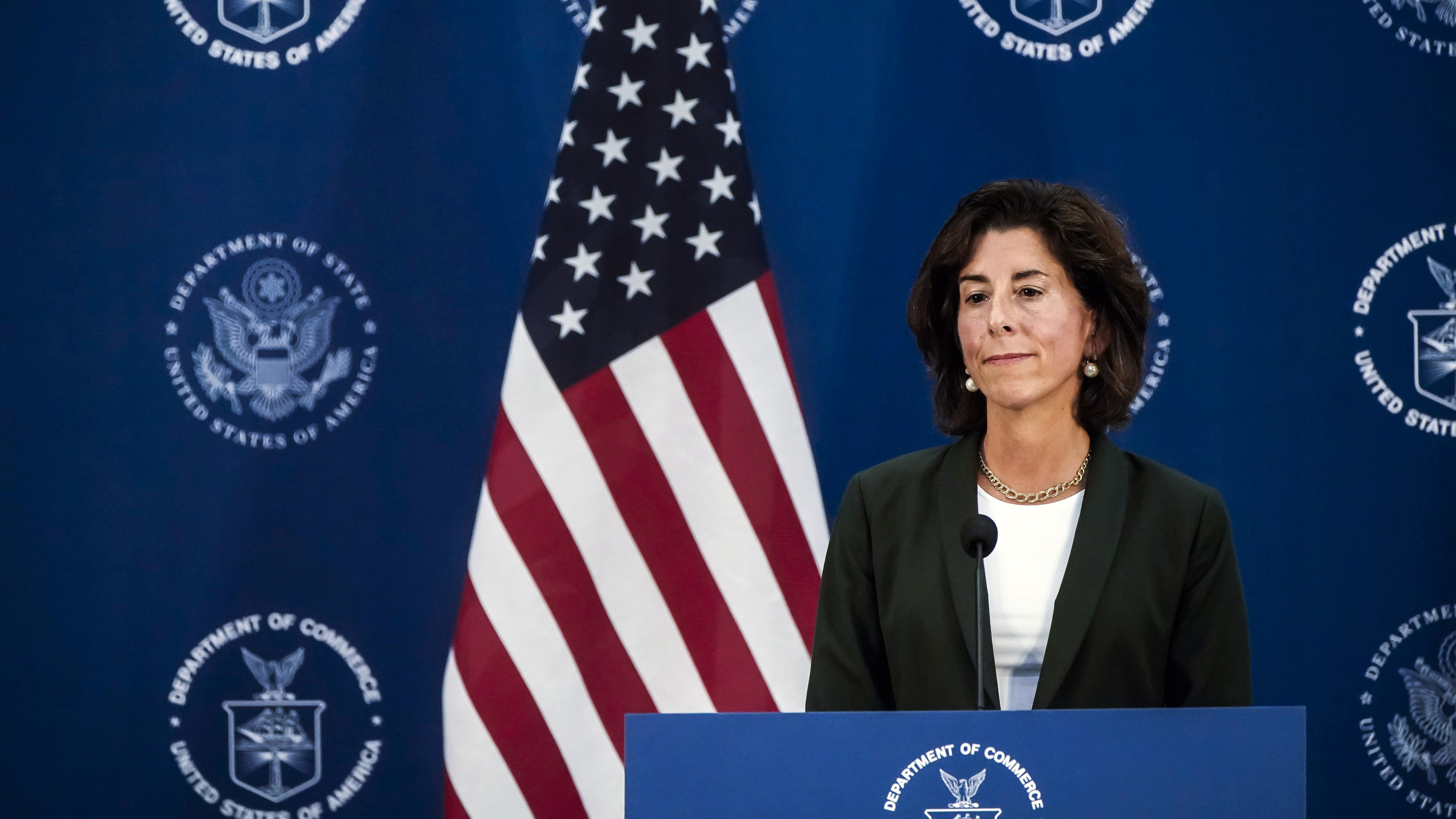 US proposes new ‘know-your-customer’ restrictions on cloud providers
US proposes new ‘know-your-customer’ restrictions on cloud providersNews The US aims to stifle Chinese AI competition with new restrictions on cloud providers to verify foreign data center users
-
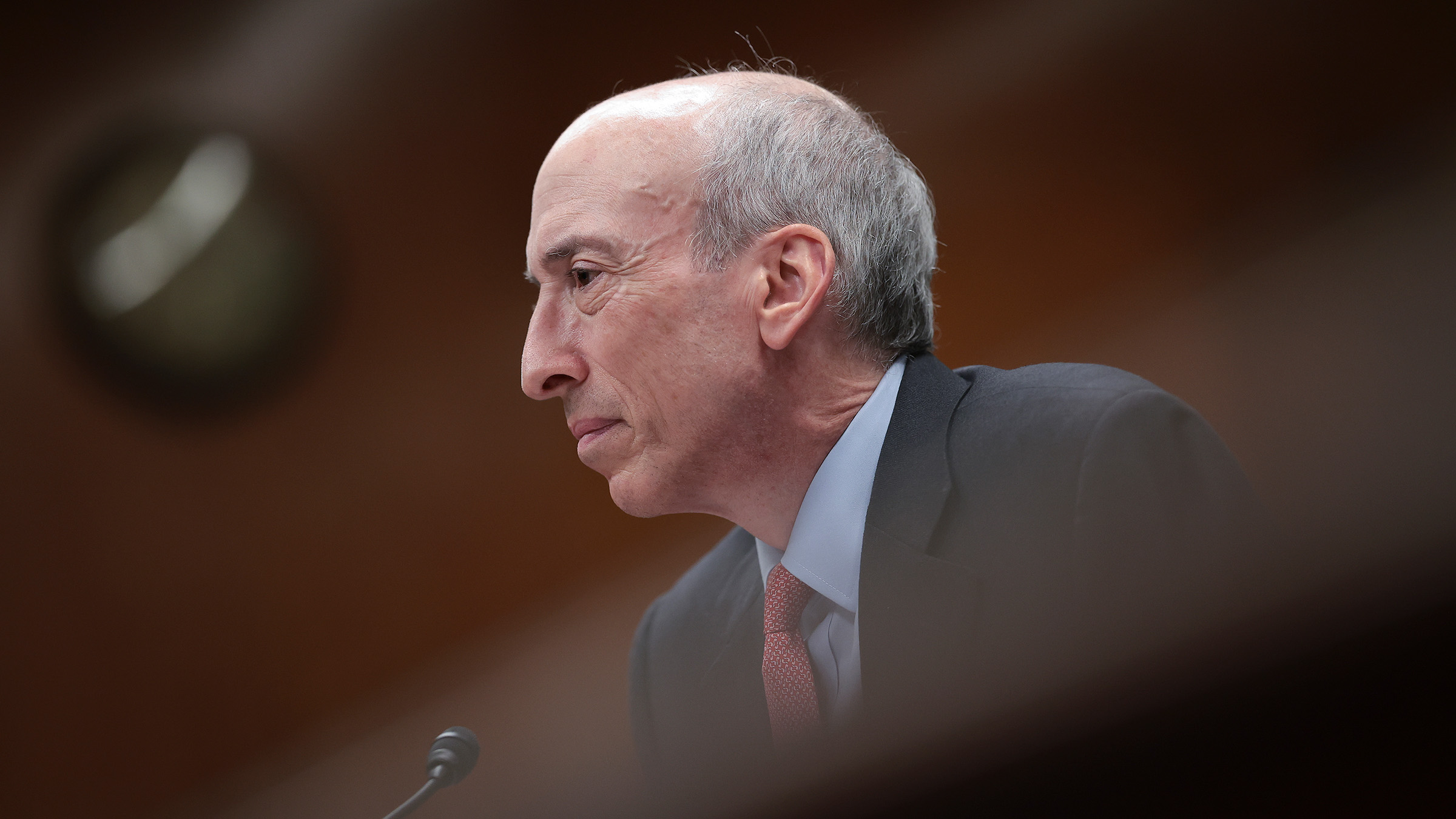 SEC passes rules compelling US public companies to report data breaches within four days
SEC passes rules compelling US public companies to report data breaches within four daysNews Foreign entities trading publicly in the US will also be held to comparative standards
-
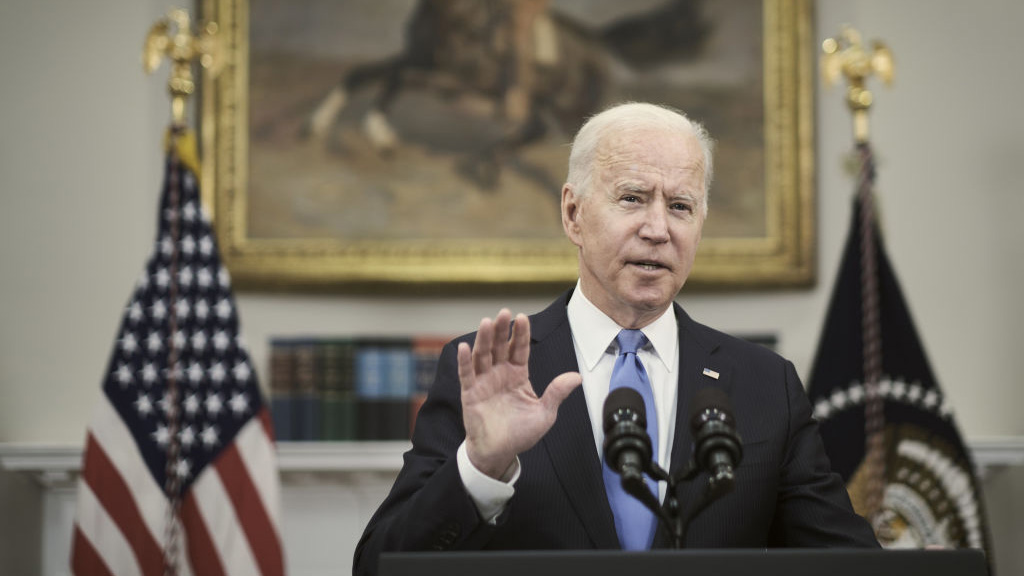 US says National Cybersecurity Strategy will focus on market resilience and private partnerships
US says National Cybersecurity Strategy will focus on market resilience and private partnershipsNews The recently announced implementation plans alow for more aggressive action against ransomware gangs
-
 US ‘Tech Hubs’ drive aims to boost innovation in American heartlands
US ‘Tech Hubs’ drive aims to boost innovation in American heartlandsNews The development of the hubs will could help drive regional innovation and support for tech companies